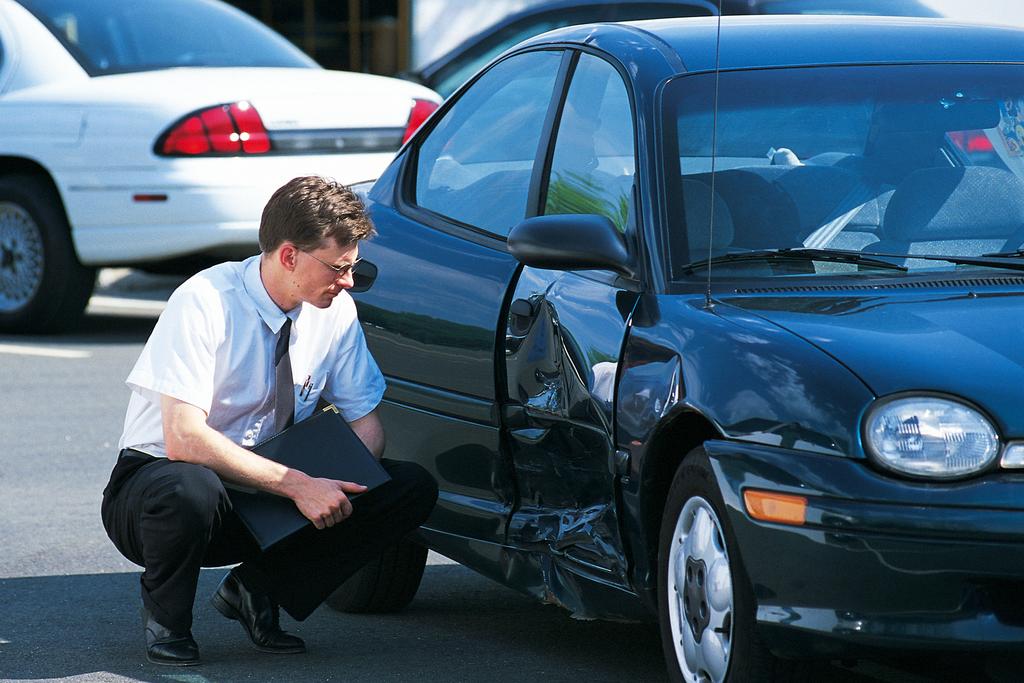
In almost all cases, a car is a depreciating asset. Its value is headed south the minute you drive off the dealership lot. That's even if you take good care of it, but a car's resale value can drop even faster if you don't.
Related: How to Keep Your Car's Resale Value High
David Wurster, president of Vincentric, a company that provides car-valuation data, shared things that especially hurt a car's resale value:
- Excessive damage can be either mechanical or cosmetic. If a buyer would have to fix the damage, it's excessive.
- High mileage is a huge factor that hurts resale value. If you're shopping for a used car, you also have to be wary if the mileage is extremely low. It may hint at an underlying problem with the car. Determining the typical mileage for a car you're considering could help you avoid unexpected maintenance in the future.
- A history of problems or damage is an important determining factor, too. Recurring problems are always a red flag, and so is accident damage.
- A car that's in poor condition will have a lower resale value. If it's in rough cosmetic or mechanical shape and needs to be reconditioned but hasn't been, that extra cost has just been passed to the next owner.
- Wrong market conditions can affect the value of specialty cars. Convertibles, for example, will have a lower value in the fall and winter months. A thirsty full-size SUV will be worth less when gas prices are high.
The color of your car can impact its price, too. Black, silver, white and red are classic colors, which means they'll sell much more easily regardless of the make, model or year. Other colors that are trendy, custom or bright like greens, purples and blues, may be less appealing to a wide swath of buyers.
Even though your car's resale value is determined by some factors that are out of your control, there are other ones you can influence. Find out what steps you can take to keep your car's resale value high.
No comments:
Post a Comment